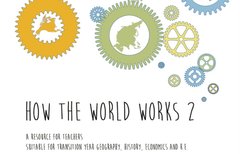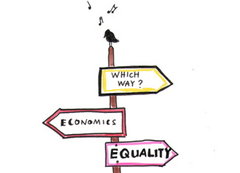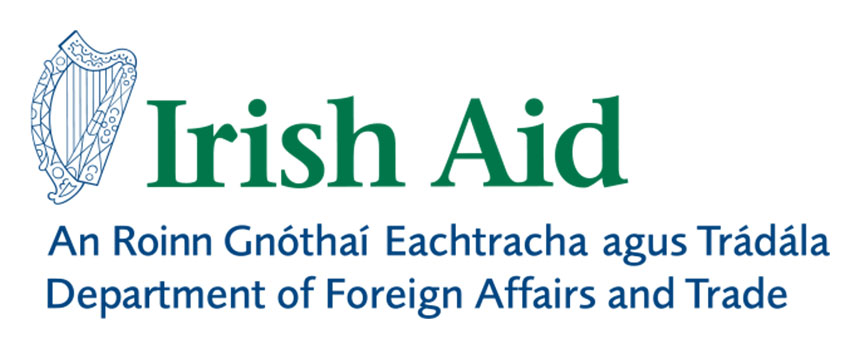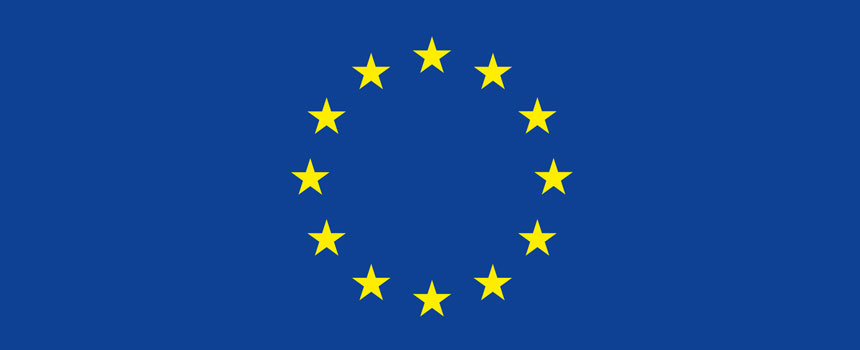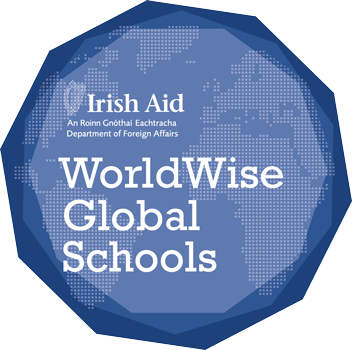New education resources from DDCI
02 February 2015
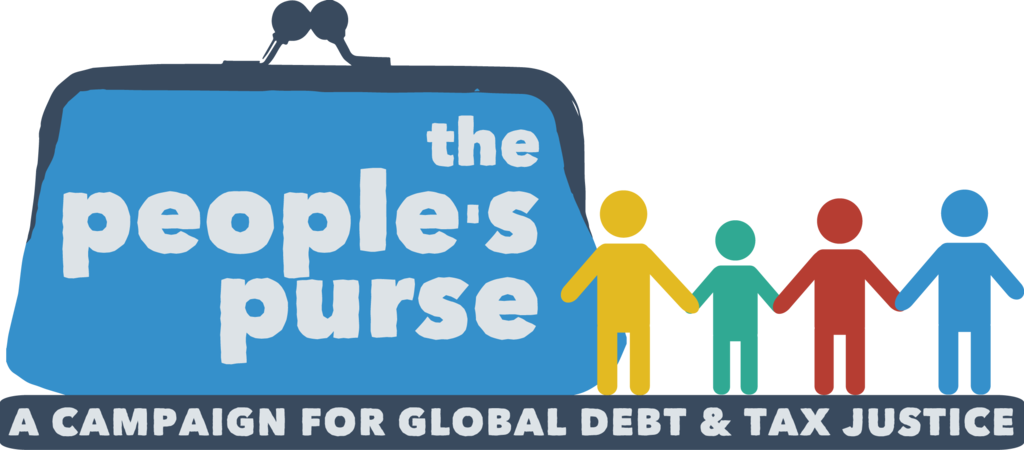
DDCI is delighted to inform you about some of our new education resources, including How The World Works 2 (a resource for Transition Year teachers), Econowha Part 2, and 'The Irish Debt Crisis: What Happened?' - an exciting new resource for use in adult and community education settings. How The Wolrd Works is available in hard copy, Econowha is a website, and 'The Irish Debt Crisi: What Happened?' will be available for download from out site.
How the World Works 2
First off, is the long-awaited 'How The World Works 2'. We have been very busy updating this great resource for Transition Teachers, suitable for TY Geography, History, Economics, and Religious Education. The good news is it is finally ready!
Econowha Part 2
Econo...wha? Part 2 - A World in Crisis - is now online.
'A World in Crisis' encourages us to use our critical thinking skills to examine the current crisis we are living in from a social justice perspective. This section includes readings and blogs from guest bloggers on the themes of; the financial crisis, global debt slavery, tax justice, global financial institutions, and the power of social movements.
Econowha? is a critical literacy tool for adult learners that brings a lot of different material together to aid the learning process. We invite you to challenge and question the material in a way that is useful for you. We invite you to always ask ‘Why?’
The Irish Debt Crisis - What Happened?
DDCI has been working with community and youth alliance The Spectacle of Defiance and Hope to develop an education resource that deals with the Irish debt crisis. The resource is called 'The Irish Debt Crisis: What Happened?' and is suitable for use in adult and community education settings. The resource includes a workshop plan and toolkit of activities. Find it here.
The aims of the resource are to:
- educate people about what happened during the period of the banking crash and guarantee,
- create links between people’s lived experience (the personal), with what was (and still is) happening at the political level since 2008,
- explore the justice aspects of what happened,
- increase participants’ economic literacy around key players in determining economic outcomes in Ireland (Central Bank, European Central, Troika, etc) and also difficult terms we often hear in the media (bonds, bondholders, promissory note, etc),
- empower participants to feel informed and entitled to engage in discussions about economic issues.
If you have any questions about it, please get in touch. Email campaign @ debtireland.org
